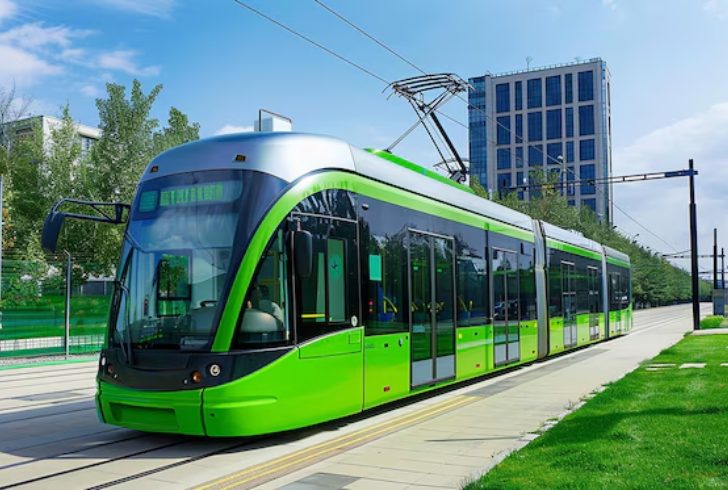Cities around the world are at a turning point. As nations recover from the economic shock of COVID-19, local leaders are turning their attention to a powerful solution that promises both environmental and economic revival—public transportation.
Beyond moving people from one place to another, public transit can be a driving force for cleaner air, stronger communities, and millions of new jobs.
A Path Toward Green Recovery

Freepik | dasun404malaka | Global mayors say public transit investment could create 4.6 million jobs and cut emissions by 2030.
According to mayors from more than 100 global cities, investing in modern public transport systems could create up to 4.6 million jobs by 2030 while significantly cutting carbon emissions. The call for this “green and just recovery” was led by C40 Cities, a global network of mayors committed to climate action.
These investments—especially in electric buses, trains, and other zero-emission vehicles—could reduce traffic congestion, improve air quality, and offer affordable mobility for millions. But the benefits don’t stop there. The shift toward sustainable public transport would protect vulnerable urban populations who face the harshest economic and environmental challenges.
The Economic Ripple Effect
C40’s report reveals compelling numbers:
Every $1 invested in public transport can yield $5 in economic returns.
Each $1 billion in funding could generate up to 50,000 jobs.
Such figures highlight that public transit isn’t just about infrastructure—it’s about opportunity. It can help close inequality gaps, strengthen local economies, and make cities more livable for everyone.
As Eric Garcetti, chairman of the C40 Cities Climate Leadership Group and Mayor of Los Angeles, stated, “Public transportation is more than just a way to move people around. It’s a vehicle for opportunity, equity, and a better quality of life.”
The Urban Struggle
The pandemic dealt a severe blow to transit systems worldwide. In 2020, Paris lost nearly $4 billion in transport revenue, while New York City faced a $6 billion deficit the following year. These financial hits reflect a broader crisis—without robust funding and investment, cities risk losing essential public services that millions depend on.
Home to 60% of the world’s population, cities have carried much of the pandemic’s burden. The economic downturn has pushed nearly 100 million people, particularly women and ethnic minorities, toward poverty. Strengthening public transport could serve as a lifeline, giving these communities greater access to employment, education, and healthcare.
Climate Action Starts in Cities

Freepik | Drazen Zigic | Reliable public transport empowers workers and strengthens community access to opportunity.
Urban areas are responsible for nearly three-quarters of global carbon emissions, making cities critical in the fight against climate change. Sustainable transport plays a key role in meeting the goals of the 2015 Paris Agreement, aimed at preventing catastrophic global warming.
The C40 report emphasizes that a green recovery focused on public transit would not only cut emissions but also uplift low-income workers, especially women and young people, who were among the hardest hit during the pandemic.
Rosa Pavanelli, head of Public Services International, reinforced this vision by saying, “This is the time to invest in strong local public services, including public transport infrastructure, to ensure a just, prosperous, and green future for all.” She added that without reliable transportation systems, many workers—especially women, migrants, and informal workers—face significant barriers to finding and retaining jobs.
Moving Toward a Sustainable Future
Public transportation has long been the foundation of thriving cities. Investing in it today can shape the future of urban living—delivering cleaner air, stronger economies, and greater access to opportunity. Each new electric bus or train line represents progress toward a more sustainable way of life.
As cities rebuild, leaders worldwide agree: strengthening public transport is key to recovery. It can create millions of jobs, cut emissions, and build more equitable communities for the future.

